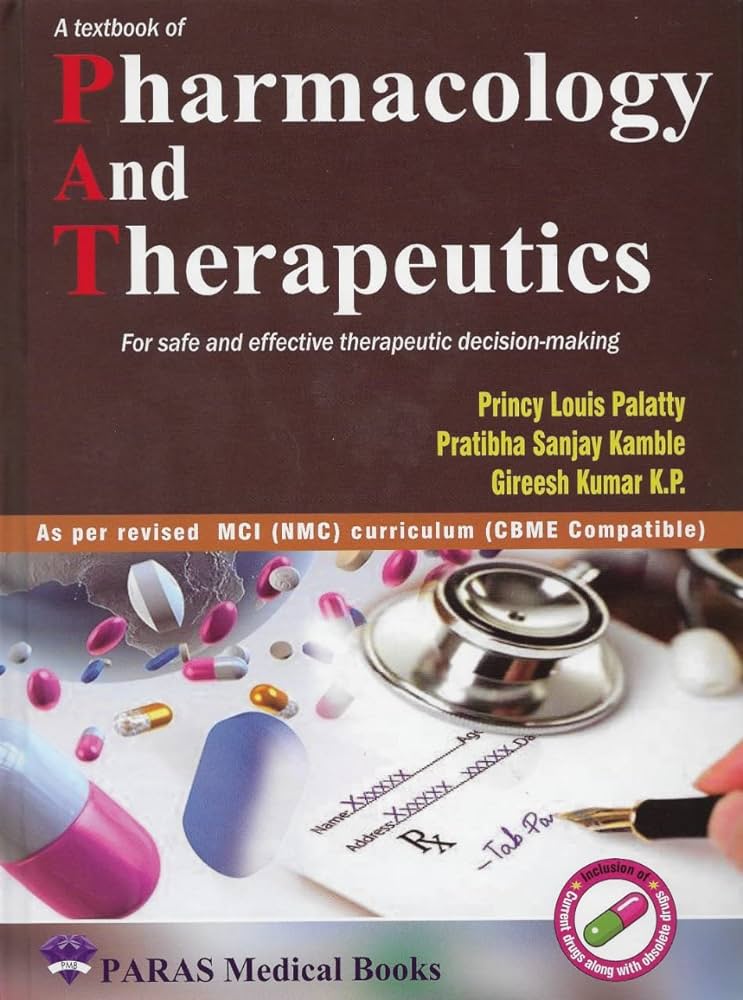The pharmacodynamic and pharmacological mechanisms underlying nanovesicles of natural products: Developments and challenges
IF 12.5
1区 医学
Q1 PHARMACOLOGY & PHARMACY
引用次数: 0
Abstract
Natural products such as Traditional Chinese Medicines (TCMs) show great advantages in the treatment and prevention of diseases, but the unclear effective ingredients and mechanisms are key obstacles to restrict their rapid development. Under the guidance of the theoretical guidance of reductionism and the theoretical of allopathic medicine, some researches have indeed achieved some breakthrough results. However, these incomplete methods mainly limited to direct actions or indirect actions (such as the intermediated substances mediated cross-organ or cross-system regulation) mechanism of single active ingredient derived from natural products, which are often inconsistent with Systemism and Harmonizing Medicine and make it difficult to reasonably explain the pharmacodynamics and pharmacological mechanism of most natural products. Actually, effective pharmaceutical ingredients often do not exist in the form of free monomers, but prefer to assembly nanovesicles (NVs) for a combinational pharmacological effect, mainly including self-assembled nanoparticles (SANs) and exosome-like nanoparticles (ELNs). These developments of NVs-based application are a good supplement to existing pharmacological mechanism research. Hence, this review focuses on the developments and strategies of the pharmacodynamics and pharmacological mechanism of NVs-based TCMs under the combining theory of traditional Chinese and western medicine. On this basis, a novel “multidimensional combination” research approach is proposed firstly, which will provide new strategies and directions for breaking through the bottleneck of pharmacological mechanism research, and promote the clinical application of innovative natural products including TCMs.
天然产品纳米微粒的药效学和药理学机制:发展与挑战。
中药等天然产物在治疗和预防疾病方面显示出巨大优势,但有效成分和机理不清是制约其快速发展的关键障碍。在还原论和对抗疗法的理论指导下,一些研究确实取得了一些突破性成果。但这些不完整的方法主要局限于天然产物衍生的单一有效成分的直接作用或间接作用(如中间物质介导的跨器官或跨系统调控)机理,往往与系统论和协调医学不一致,难以合理解释大多数天然产物的药效学和药理学机理。实际上,有效的药物成分往往不是以游离单体的形式存在,而是更倾向于组装成纳米颗粒(NVs)来发挥组合药效,主要包括自组装纳米颗粒(SANs)和外泌体类纳米颗粒(ELNs)。这些基于 NVs 的应用发展是对现有药理机制研究的良好补充。因此,本综述重点探讨了中西医结合理论下基于 NVs 的中药药效学和药理学机制的发展与策略。在此基础上,首先提出一种新颖的 "多维结合 "研究方法,为突破药理机制研究的瓶颈提供新的策略和方向,促进包括中药在内的创新天然产物的临床应用。
本文章由计算机程序翻译,如有差异,请以英文原文为准。
求助全文
约1分钟内获得全文
求助全文
来源期刊
CiteScore
23.00
自引率
0.70%
发文量
222
审稿时长
90 days
期刊介绍:
Pharmacology & Therapeutics, in its 20th year, delivers lucid, critical, and authoritative reviews on current pharmacological topics.Articles, commissioned by the editor, follow specific author instructions.This journal maintains its scientific excellence and ranks among the top 10 most cited journals in pharmacology.

 求助内容:
求助内容: 应助结果提醒方式:
应助结果提醒方式:


